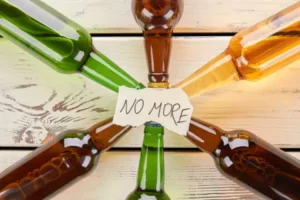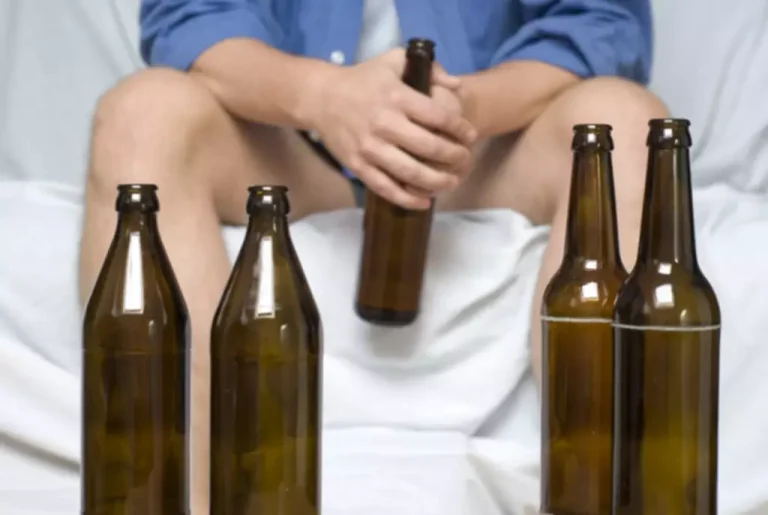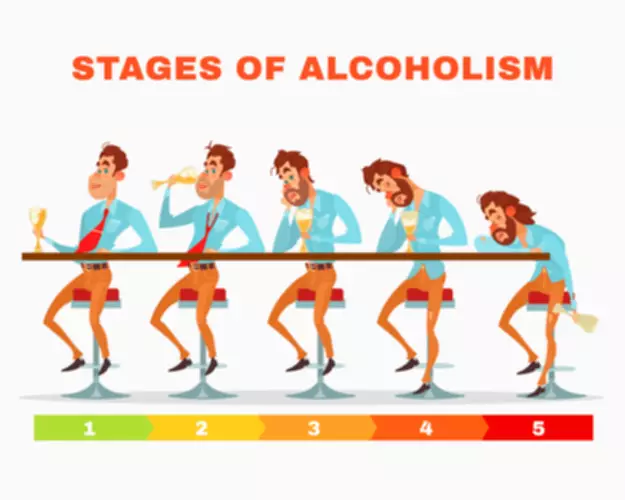From Asleep to Alive: Relearning to Live Without Alcohol
How alcohol affects your sleep isn’t a single, straightforward thing, because there are several ways that alcohol consumption influences the quality of sleep you get. The reasons you can’t sleep are the reasons you started drinking in the first place, although they may not have involved sleep at that time. Addiction is a symptom of a greater problem and until that problem is dealt with you will always be shortcoming your life and struggling.
- Whether it’s Dry January or Sober October, taking a break from drinking can have a lot of health benefits even if you’re not planning on giving up entirely.
- The more alcohol your drink and the closer you drink it to bedtime, the stronger its effects will be.
- But both studies found CBT-I didn’t help prevent relapse, so you may need further treatments and support for this.
- Other medications may help those with severe symptoms or psychiatric problems.
- This process can cause you to wake up and experience trouble getting back to sleep.
Stage 2: Aware—“I Know What I Don’t Know”
Sleep and circadian rhythm disruption from alcohol also contribute to next-day tiredness, fatigue, irritability, and difficulty concentrating. Even if it doesn’t present as a full-fledged hangover, alcohol-related sleep loss negatively affects mood and performance. Simply cutting back or giving up alcohol or other drugs can be enough to reverse the negative impacts on your sleep (and can greatly improve your health overall). Your daily habits and environment can significantly impact the quality of your sleep. While a drink now and then may have a sedative effect that causes you to drift off faster, research shows that it can impede sleep quality in the long run. But I find a tremendous amount of fulfillment in the idea that something I’ve learned can help others break free from the same horrible state of body and mind that once tortured me.
Remedy #2: Magnesium and Epsom Salt Baths
Research shows giving up or cutting down on alcohol can improve alcohol insomnia symptoms. Now that you’re well-versed with all the causes and potential solutions to post-alcohol insomnia, it’s time to put this knowledge into action. Modify routines, reevaluate lifestyle choices, and don’t hesitate to consult a professional if need arises. CBT-I has proven effective in treating chronic insomnia, teaching individuals to revise beliefs about sleep that aren’t helpful. By altering poor sleep behaviors and replacing them with healthier ones, people can improve sleep over time. Creating a consistent pre-sleep routine can also be effective for dealing with insomnia after quitting alcohol.
- These exercises are also a great distraction when lying awake in bed.
- Consulting a sleep specialist, exploring therapy options, and considering medication as a last resort are three avenues to consider.
- Eye movement increases, often seeming to jerk around, breathing increases and can be irregular and shallow, blood pressure increases and dreams begin.
- It’s harder to wake the person as they become unresponsive to outside stimuli.
- This disruption to the sleep cycle can lead to a feeling of insufficient rest upon waking.
Does Stopping Alcohol Consumption Cause Insomnia
However, as we discussed earlier, normalizing your brain chemistry during the day can help you sleep better at night. My favorite amino acid of all is DLPA, which is not specifically used for insomnia. In fact, it’s not advisable to take DLPA before bed, because it is a combination of amino acids that are precursors for neurotransmitters that can make you feel euphoric and motivated. cant sleep without alcohol I have tried all of the above with good results, and I still use 5-HTP and L-theanine on a regular basis. In my opinion, NAC in particular is an underrated solution for anxiety and insomnia during post-acute withdrawal. I’ve discussed amino acids often on this site, because they are the building blocks for neurotransmitters that are depleted by long-term alcohol consumption.
This recalibration process can lead to a collection of symptoms known as alcohol withdrawal. These symptoms can range from mild to severe but often include significant disruptions to sleep. Figuring out how to sleep without alcohol can be an exhausting process in its own right.
This is one of the reasons that people going through alcohol detox often receive withdrawal medications, such as benzodiazepines or anticonvulsants. These medications not only help to minimize uncomfortable withdrawal symptoms, but they also help reduce cravings. A medication called naltrexone is also often used to block the pleasurable effects of alcohol so that if you do drink, you won’t feel the effects of alcohol. A sleep specialist, also known as a sleep doctor or sleep medicine physician, is a healthcare professional who specializes in diagnosing and treating sleep disorders. Consulting a sleep specialist can be beneficial if you are struggling with alcohol dependency for sleep. They will evaluate your sleep patterns, conduct tests if necessary, and provide personalized recommendations based on your specific situation.
More severe cases of chronic insomnia may require different treatment strategies. Different forms of therapy, mindfulness, meditation, or hypnotherapy, can address insomnia symptoms. Lifestyle changes such as avoiding alcohol hours before sleep may be sufficient for treating mild, short-term insomnia. Individuals who have attention deficit hyperactivity disorder (ADHD) are also particularly affected by insomnia. A 2020 study found that people with ADHD are more likely to consume alcohol to treat their insomnia symptoms.
Such problems can persist for some time even after you decide to quit drinking. In fact, difficulty sleeping is one of the most common alcohol withdrawal symptoms and one that causes many to relapse. Specifically, alcohol consumption has been found to alter the normal sleep cycle by reducing REM sleep and increasing the likelihood of multiple awakenings throughout the night.
How Long to Wait Between Drinking Alcohol and Bedtime
- RISE can tell you when to do 20+ sleep hygiene habits at the right time for your body clock to make them even more effective.
- In order to improve sleep quality and break the reliance on alcohol for falling asleep, it is important to establish good sleep hygiene practices.
- Communicating with individuals experiencing similar issues can provide a sense of communal sharing, reducing feelings of isolation and promoting positivity.
- Quitting drinking and not being able to sleep sucks… but now you have some strategies to help!
- Difficulty sleeping, particularly when a person feels that they can’t sleep sober, may increase the risk that they will relapse.





